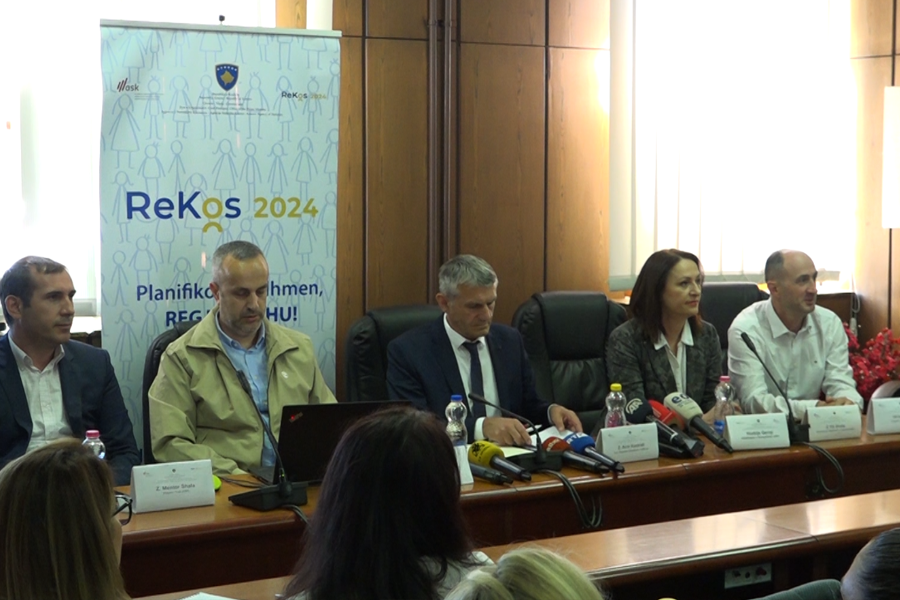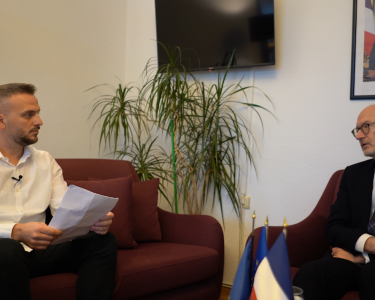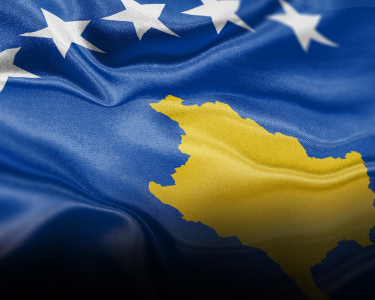Kosovo is expected to have 1.6 million inhabitants. This was announced at the closing press conference for the Population, Households and Housing Census in Kosovo.
The Acting Executive Director of the Kosovo Agency of Statistics (ASK), Avni Kastrati, has assessed the completion of this project as a great day for the entire country, as according to him, it has great value in several areas. While he showed that everything went according to plans, without any problems, he said that Kosovo’s data will be comparable regionally, but also globally.
Meanwhile, Kastrati announced that during the implementation of the process, there was disinformation that there would be registration from the Serbian community after two months, but he said that this is not true, and that the next registration will be in the year 2031.
He also said that all communities participated in the population census, except for the Serbian community, which had some hesitations.
He said that as far as the number of people directly involved in this process is concerned, it has exceeded 5 thousand, not including the Kosovo Police.
He also said that there was disinformation from the Serbian community that there will be a registration after two months, but he said that this is not true.
Meanwhile, while Kastrati has mentioned the figures of how much they have saved from this process, he has shown what they thought to do with that money.
KAS has also thanked all citizens for cooperation with enumerators as well as participating institutions, including international ones, as well as municipalities. Meanwhile, he said that during this process there was also a task force for the storage and securing of data from cyber-attacks.
Population census is a process of counting all inhabitants and collecting demographic, economic, social, educational, agricultural and other information about each person. A questionnaire is also included in this process, which enables citizens to declare about the damages caused by Serbia during the war in Kosovo.
The last population census in 2011 failed to hold in four Serb-majority municipalities in the north, and was partially boycotted in other Serb-majority municipalities in Kosovo.








